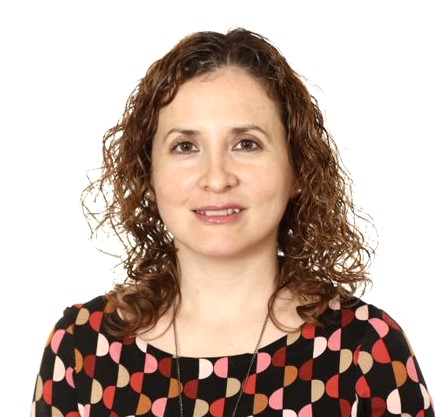By Gina Andrade Baena
Gender and Diversity Division – IDB
The need for care is universal. We have all been cared for and, at some point, we will care for someone else. Recognizing this is key to building an agenda that positively impacts social and economic development.
In economic terms, the value of unpaid care is significant. In Mexico, it represented 26.31% of GDP in 2023, with women contributing 18.91% of GDP. This impact is greater than the global average of 91% of GDP. However, care systems still face challenges.
Some examples include unequal distribution of responsibilities, a lack of labor protection, and an inadequate system to meet the growing demand for care, especially among the aging population.
Challenges to meet growing demand and ensure better care conditions in Mexico
Care overload in women
In the study "Expanding Opportunities: Policies for Gender Equality and Inclusion," the IDB shows that, on average, women in the region are responsible for 71% of the hours spent caring for others and 77% of the hours dedicated to unpaid household chores. Mexico is no exception.
According to the 2022 National Survey for the Care System (ENASIC), 75.11% of caregivers are women, dedicating an average of 37.9 hours per week compared to 25.6 hours for men. This inequality limits their access to employment, educational, and personal development opportunities.
The arrival of a child represents a turning point. Mexican women face reductions of 20 to 40 percentage points in their labor force participation and drops in income of up to 30%. Many report being unable to work because they lack access to childcare or eldercare services, which perpetuates gender inequality.
Impacts on health and economy
Care overload negatively affects women's physical and emotional health. According to ENASIC, 35.41% of caregivers reported fatigue or decreased sleep, 16.31% reported symptoms of depression, and 12.71% reported physical health problems.
Furthermore, the lack of support in caregiving reduces women's economic potential. A study shows that Mexico could increase its economic activity by 251% to 30% if women participated in the workforce on equal terms with men, generating more than $390 billion in additional income, according to the Milken Institute.
Lack of professionalization and formalization
85% of family caregivers in Mexico lack formal training. Professionalization is key, as it improves income, reduces stress, and ensures higher-quality care. However, the country still faces a shortage of training and job certification programs in this sector.
Turning challenges into opportunities
Mexico has the opportunity to lead the care agenda in the region. The Inter-American Development Bank (IDB) will collaborate to advance the creation of a National Care System (NCS), a key strategy to close gender gaps and foster economic growth, highlighting its commitment to supporting the country in this strategic effort.
To do so, some recommendations should be considered:
- Building comprehensive care systemsThis involves expanding childcare coverage, ensuring long-term care for older people, and equitably distributing costs across society.
- Removing barriers for women: It is necessary to address the obstacles that limit their economic participation, such as the lack of accessible and quality care services.
- Redistribute care responsibilities: promote the active participation of men in care tasks and change social norms that relegate these responsibilities to women.
- Professionalize and formalize care work: Investing in training and job certification generates formal employment, improves working conditions, and raises the quality of services.
Care, a strategic and priority agenda
Care is more than a challenge: it's an opportunity to close social inequalities, boost the economy, and improve people's well-being. Investing in this agenda represents a virtuous cycle of development.
Mexico, with the support of the IDB and its experience in the region, can lead a structural change that guarantees access to quality care and promotes gender equity. This is the time for care, not only to close social gaps, but also to build a more just and prosperous future.
________________
* Text originally published in IDB, Improving Lives / Gender and Diversity. Retrieved from: https://blogs.iadb.org/igualdad/es/por-que-es-fundamental-una-agenda-de-cuidados-en-mexico/






